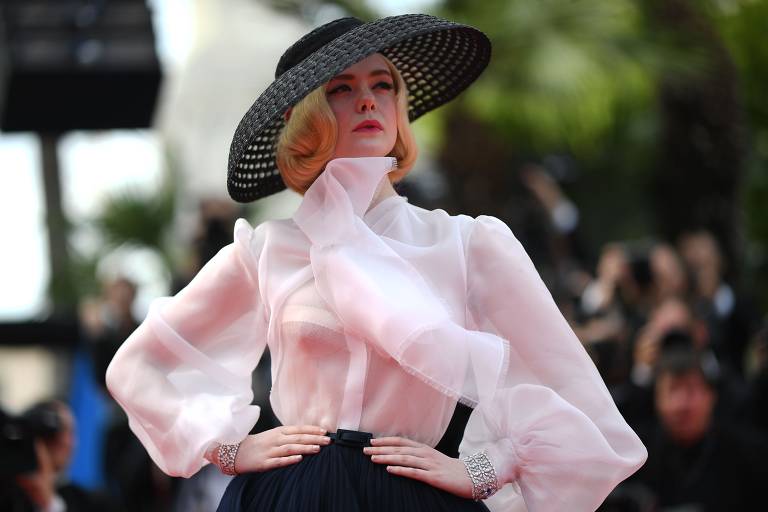Known for films like Ghost Dog and Stranger than Paradise, American director Jim Jarmusch misses the Cannes Film Festival of the 1980s.
"There is no more vulgarity today," he said as he lay in the French Riviera Sun wearing sunglasses. Older festival goers talked about helicopters landing on yachts and models recreating the famous fountain scene of 'La Dolce Vita'.
Today, the old "villas" around the city do not host parties, as more informal late afternoon cocktails have replaced such events.
Women no longer dances on little stages-a reflection of movements like #MeToo. The downfall of Bohemia is also the story of an industry being forced to change in the name of the pressure of identity groups and waning revenues.
Jarmusch earned a well-behaved party after the screening of his "The Dead Do not Die" film this year. At the top of a hotel, guests only had drinks and organic snacks in their hands. There were no drinks in the pool area or any raucous music by the sand.
Leonardo DiCaprio chose Gottha as his headquarters, a nightclub that charges 25 euros for entry and another 20 for the most basic drinks. In the much more exclusive Albane, the French Marion Cotillard was spotted dancing to the ground to the sound of "Freed from Desire."
Translated by Kiratiana Freelon
